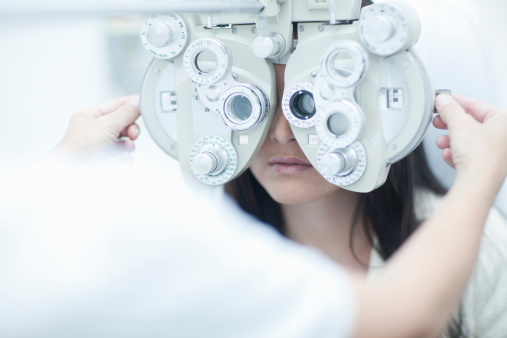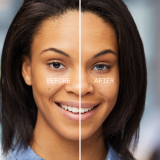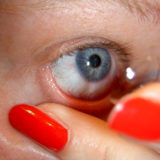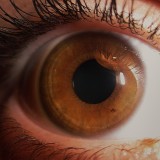Circadian Rhythm Disorders and the Blind
One function of the eye that many of us rarely consider is the way it takes in light. Why is this important, you wonder? Well, in addition to allowing us to see those images the eye is capturing, it also allows our bodies to tell the difference between night and day!
Have you ever noticed how when it gets dark earlier, you feel like going to bed at 8pm? Or, how in the summer time when it’s light as day until 9pm, you feel you can stay up late? That’s all related to your body’s natural clock and rhythm and, believe it or not, your eyes get most of the credit for keeping your body informed as to how it should feel based on the time of day.
But, what about if you are blind? For people suffering from complete blindness and who can’t sense any light at all, figuring out the cues as to when to sleep and when to be awake is a lot more difficult. Many blind people are diagnosed with what is called a circadian rhythm disorder because their sleep-wake cycles are so off kilter.
We all have an internal clock–a body clock, if you will–and this timing mechanism controls everything about your body like when to release hormones like melatonin and cortisol–which make you either ready for sleep or ready for action.
For blind people and sighted people suffering from a disorder called Non-24, they have a problem where their natural rhythm is messed up. Their melatonin may release in the middle of the day making them ready for sleep at lunchtime. Or, the cortisol may release in the middle of the night so they have a disrupted time trying to sleep at night because they are hungry or agitated.
There are 1.3 million people in the U.S. who are legally blind. According to data I read, up to 70% of these people suffer from the Non-24 condition because their bodies don’t perceive any light through their eyes.
The good news is: there are new medications that are becoming available to help people–both blind and sighted who suffer from circadian rhythm disorders like Non-24. Science is also working hard to find ways to slow the progression of diseases like diabetes and macular degeneration, which are some of the leading causes of blindness.















